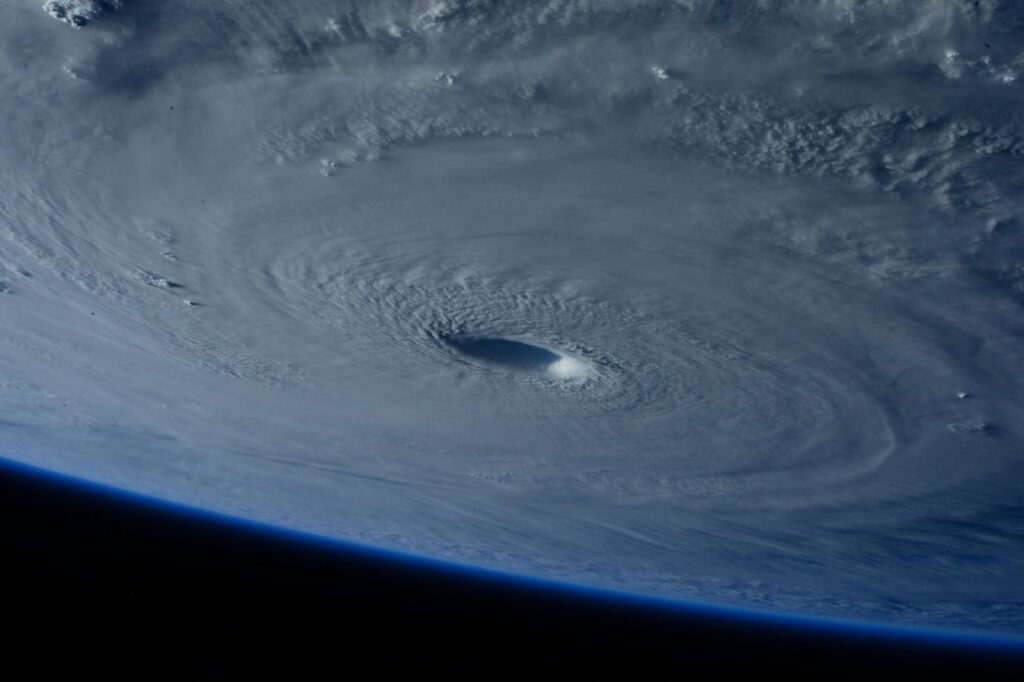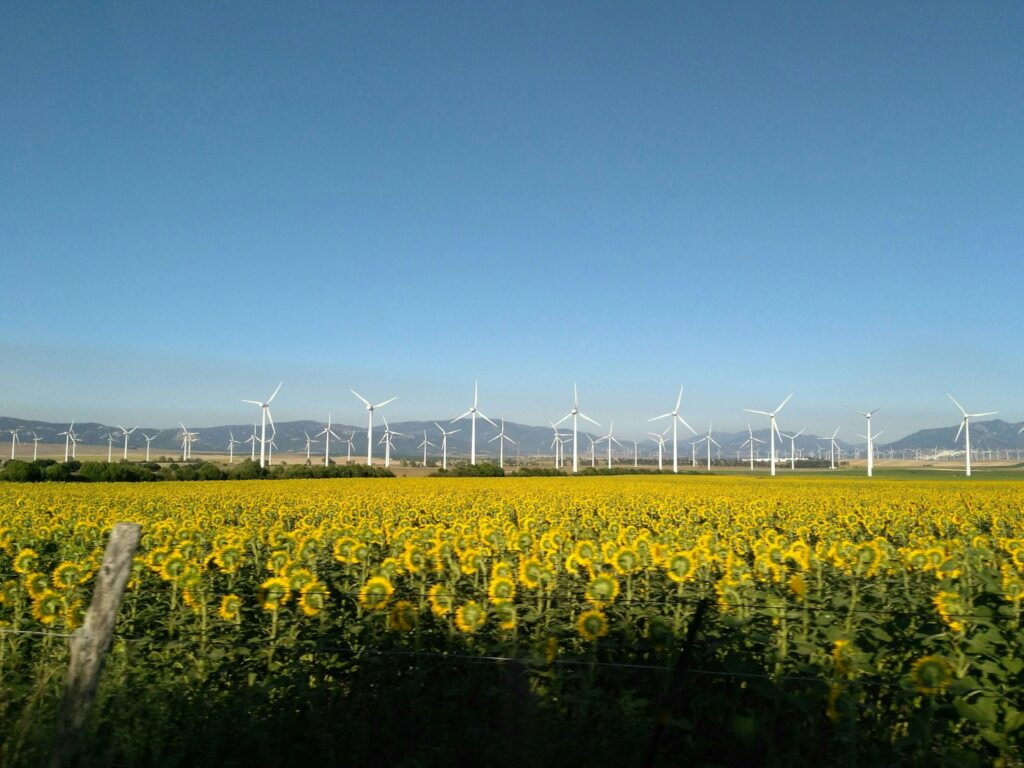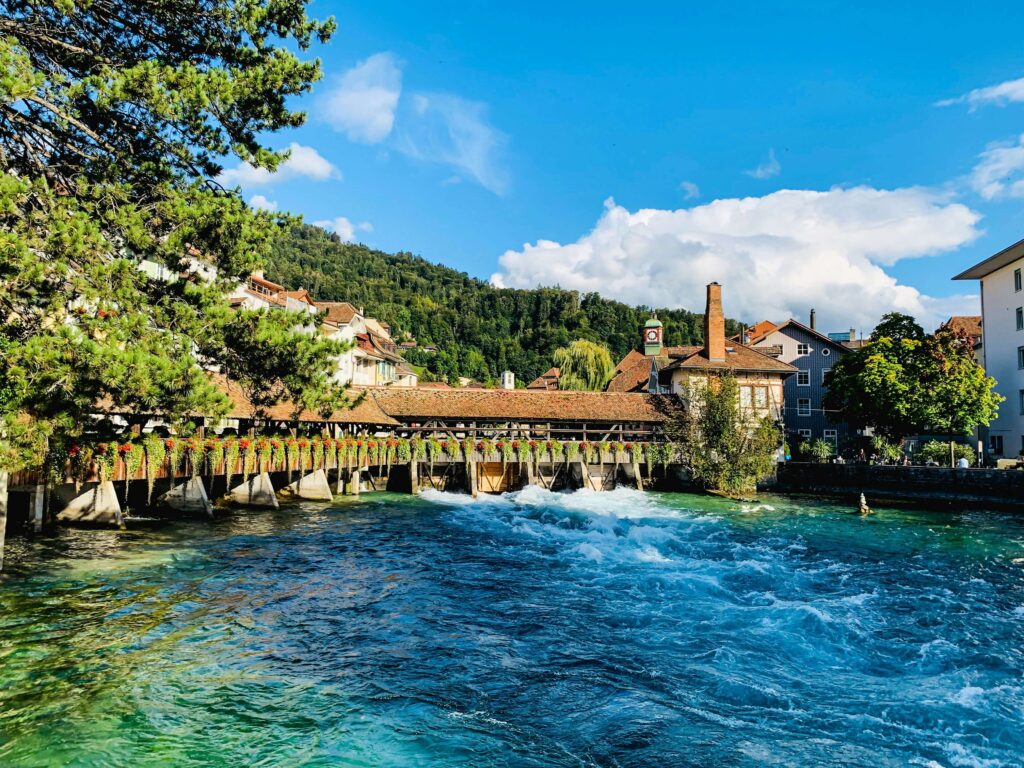Posts Tagged ‘Climate crisis’
Recent Event: Quantifying the contribution of climate change to extreme weather events
When an extreme heat wave, torrential downpour, or massive wildfire occurs, how do we know whether and how much of a role climate change played? Resilient River Communities hosted this presentation by Dr. Kristina Dahl on 16th December, covering the basics of climate attribution science.
Read MoreOctober 2025
CONTENTS – Extracts from IEA Global Energy Review 2025 – Biochar from human waste could solve global fertiliser shortages – Sustainable Jet Fuel Update – Trump team’s contentious climate report ‘makes a mockery of science’ – US intends to cancel $13 billion in funds for green energy – BP Oil Demand Forecast, Peak Oil pushed back to 2030 – China sets renewables goal – Extracts from Energy Source & Distribution Magazine
Read MoreJoin the conversation on LinkedIn
Join the movement with Engineers for Social Responsibility on LinkedIn! Be part of a community by sharing ideas, sparking dialogue, and championing ethical innovation. Connect now – we welcome your contribution to thought leadership on technological issues that will have an impact on our environment and society.
Read MoreSubmission in response to proposed changes in NZ ETS Regulations 2025
This submission relates to the Ministry for the Environment (MfE) consultation document, Proposed changes to the New Zealand Emissions Trading Scheme (ETS) regulations 2025. In this document the MfE raises a number of specific issues. But we consider that there are also much more important steps that need to be taken so that we can start reducing our emissions at a significantly more rapid rate with the aim of meeting emissions reduction targets set by the IPCC and others.
Read MoreAugust 2025
CONTENTS – Eight reasons to be hopeful amid global challenges – IRENA Report excerpts – The renewable energy revolution – Grid forming batteries and syncons to bolster NSW grid – ‘Plastic crisis’ hitting health from infancy to old age – Economic assumptions no longer relevant.
Read MoreWatch Video: Now that we’ve reached 1.5ºC, what next?
Hear from David Spratt, the lead Research Director for Breakthrough National Centre for Climate Restoration in Australia. This webinar is cosponsored by Our Climate Declaration, the Wise Response Society, Engineers for Social Responsibility, Degrowth Aotearoa New Zealand, Seniors Climate Action Network, and the Nelson Tasman Climate Forum.
Read MoreVideo coming soon: Navigating Low-Carbon Building Design – Journeys of France and New Zealand
On Wednesday 20th August we heard Anais Guennoc and Julio Ortiz discuss the Environmental Regulation RE2020 which has been introduced in France, making it one of the first countries to adopt legislation with regulatory thresholds on whole-of-life embodied carbon for buildings. What lessons can be learned for the building and construction industry in New Zealand?
Read MoreJune 2025
CONTENTS – Don’t blame renewables – Climate projects can bring big economic benefits – Tide is turning in Europe and beyond in favour of nuclear power – AI can help us protect the planet – Electric scooters and a salt battery push in China – WA gets first-ever home battery rebate and loan scheme – Shipping industry still at sea as it tries to navigate to net zero – Albanese announces $1.2B plan to purchase critical minerals – Items from Energy Source & Distribution Magazine
Read MoreWatch video: Tipping Points and Planetary Solvency
In this webinar, Professor Tim Lenton from the University of Exeter summarises recent evidence regarding climate tipping points. Associated is the concept of Planetary Solvency, which defines catastrophic impacts as economic contraction with a GDP loss of over 25%, mass human mortality events resulting in over 2 billion deaths, warming of 2 degrees or greater, triggering high numbers of tipping points. Brought to you by ESR, Wise Response, Our Climate Declaration, Degrowth Aotearoa and the Nelson Tasman Climate Forum.
Read MoreApril 2025
CONTENTS: From sewage and scum to swimming in ‘blue gold’: how Switzerland transformed its rivers – UK scientist wins prize for invention that could help avert ‘phosphogeddon’ – Nearly 100% of lithium recycled in latest research – UQ researchers set new solar cell world record – Plants are losing their appetite – WMO report documents spiralling weather and climate impacts – Trump Administration plans to gut NOAA – Climate crisis on track to destroy capitalism as we know it, warns top insurer
Read More









